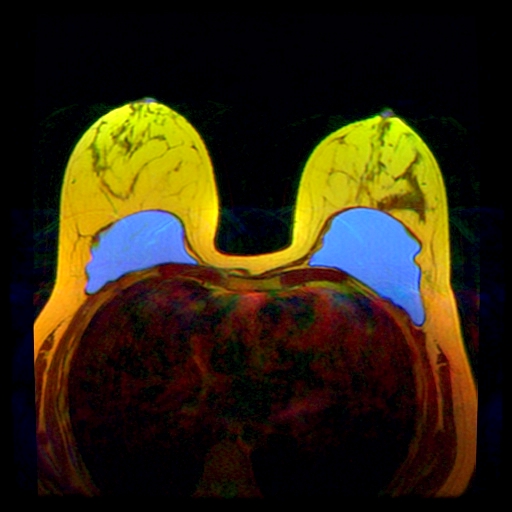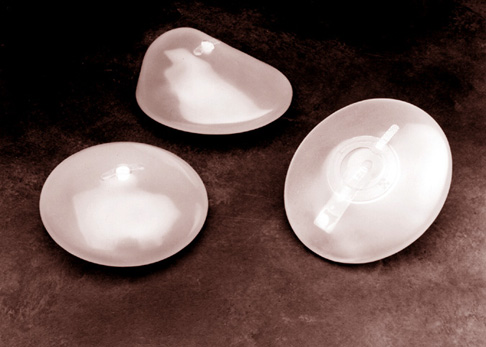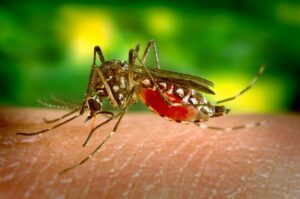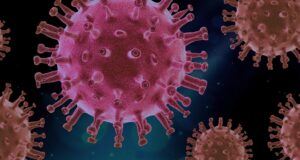FDA Voluntarily Recalls Breast Implants due to Cancer Link

By neucrad Health News Desk August 17, 2019
In August 2019, the Food and Drug Administration (FDA) voluntarily recalled a particular brand of textured silicone breast implants since there were reports of the development of cancer on prolonged use of the product. FDA secretary-general Tares Krassanairawiwong confirmed that these breast implants were linked to the diagnosis of Non-Hodgkin’s Lymphoma in about 800 patients across the globe. It is the reason they called back all the implants produced by the company Allergan, under the trademark Natrelle. Since 2011, the company had manufactured 29000 implants in Thailand, and candidates have already used about 14000 of these products.

The FDA has also informed medical staff in all hospitals and clinics recommending these implants. If patients experience swollen or painful breasts after undergoing implant surgery, they should immediately visit the nearest medical facility. However, it is unnecessary to press the panic button as the incidence of the disease is far too less.
What is Non-Hodgkin’s Lymphoma?
Non-Hodkin Lymphoma (NHL) is a type of cancer occurring in the lymphatic system of human beings. Here the malignancy develops in the lymphocyte cells (a type of white blood cells). It can start within the lymph nodes, spleen, bone marrow, thymus, adenoids, tonsils, or in the stomach. In this medical condition, lymphocytes start multiplying at an uncontrolled rate producing abnormal malignant cells in the lymphatic system. Non-Hodgkin lymphoma is more common than the Hodgkin lymphoma, and it is the seventh most common cause of death due to cancer in America. However, recent advances in medical science have led to an early diagnosis of this disease and have improved the prognosis manifold.
What are the different types of Non-Hodgkin Lymphoma?
The classification of NHL depends on the type of lymphocytes which gets affected by cancer, and also on the maturity of the cells when they become malignant. Detailed below are the different types of NHL.
B-Cell Lymphoma
The function of B cells (lymphocytes) is to protect the body against pathogens like bacteria and viruses. They produce antibodies against these germs and neutralise them. Most NHL originates at the B-cells, and they are known as B-cell Lymphoma.
T-Cell Lymphoma
T-cells are another type of lymphocytes which directly attacks the pathogens and nullify them. If the NHL develops in the T-cells lymphocytes, then it is known as T-cell lymphoma.
Indolent Lymphoma
This type of lymphoma grows and spread all over the body at a slow pace. Oncologists may even decide not to treat this type of malignancy as soon as they get detected. However, they recommend close monitoring of patients, and they need to visit the hospital for regular medical investigations and follow-ups. Follicular lymphoma is a common type of indolent lymphoma.
Aggressive Lymphoma
This type of lymphoma grows and spread all across the system at a fast pace. Oncologists prescribe immediate medical investigations and treatment for this type of malignancy. Diffuse large B cell lymphoma (DLBCL) is a common aggressive lymphoma.
What are the symptoms of Non-Hodgkin Lymphoma?
Here are the common symptoms of Non-Hodgkin Lymphoma
- Painless swollen lymph node developing in the armpit, neck, and groin area.
- Unexplained weight loss
- Fever associated with night sweats
- Extreme fatigue
- Swollen abdomen with persistent pain
- Coughing and difficulty in breathing
If you have used the implants from the said brand and experiencing these symptoms, then immediately consult your local doctor and go ahead with a thorough medical diagnosis. However, at this point, you must also remember that the mere presence of these symptoms does no establish the presence of cancer. Further medical investigations can only confirm the NHL. Stay informed and spread awareness about the disease instead of panicking unnecessarily.
To learn more, you may read the FDA media release.








